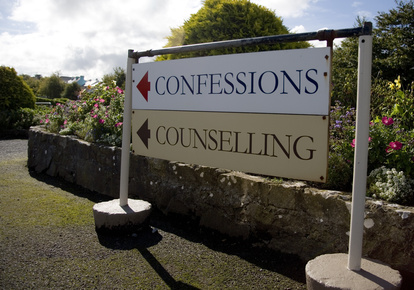Category: Counselling in English
-

Lonely in Relationship with an Emotionally Unavailable Partner
Moving to a new country to be with your overseas-born partner can be an adventure. But it’s not always possible to foresee the difficulties and challenges ahead. Feeling lonely in relationship with an emotionally unavailable partner often creates a sense of neglect, particularly when dealing with the stress of unfamiliar culture. You might start feeling…
-

Online Therapy or Face to Face Counselling?
Meet with me online or face to face in Stockholm For in-person ‘face to face’ therapy, counselling and coaching in English, click here For online counselling with an English speaking therapist and coach, click here
-

After-Hours Counselling for Expats, Nightowls and Early Birds (in English!)
After-hours counselling and therapy in Stockholm, Gothenburg and Malmo is hard enough to find for locals. And the few English speaking psychology services available in Sweden also tend to operate during business hours. Online therapy and counselling is a perfect way for expats in Sweden to fit in a private consultation before work or when…
-

What’s the Purpose of Talk Therapy? 5 Different Reasons to Turn to Online Counselling.
Recently I was reflecting on all the requests I receive for online counselling, coaching and therapy. I’ve been providing therapy consultations over webcam and offering email counselling for several years now, and I’ve heard a diversity of hopes and expectations over that time. Here are some of them. Strategies and Tools One of the biggest…
-

Counselling, Coaching and Therapy in Stockholm
Counselling, Coaching & Therapy in English I am currently available for online (Skype) appointments and consultations via Email Exchange. If you would like to find out more about my online services including online therapy and webcam counselling, or for an update on my availability, please contact me. These therapy services are available in English throughout Sweden…
-

Relationship Counselling: Ending the Blame Game for Better Communication
How often have you been in a situation where your partner has blamed you unfairly or found fault with everything you say? Constant put-downs and negativity mean criticism is thriving in your relationship. Here are some ideas about how to nip them in the bud and start having better communication with your partner. First up,…
-

Swedish Culture Shock: 5 Practical Ways to Deal with Stress
Providing counselling services for expats in Stockholm, I’m often helping my clients to manage and find ways to relieve stress. This stress might be related to cultural factors including the difficulty many report in making friends with Swedes or it could be to do with a close relationship or marriage. It can be associated with…
-

Therapy for a Broken Heart, Separation or Relationship Breakdown
How do you overcome a relationship breakup? Dealing with heartache. Coping with rejection. Recovering after splitting up. These are subjects about which I am regularly consulted as an English speaking therapist in Stockholm. And I wish there was a simple solution that worked for everyone. The good news is that most people find it helps…

